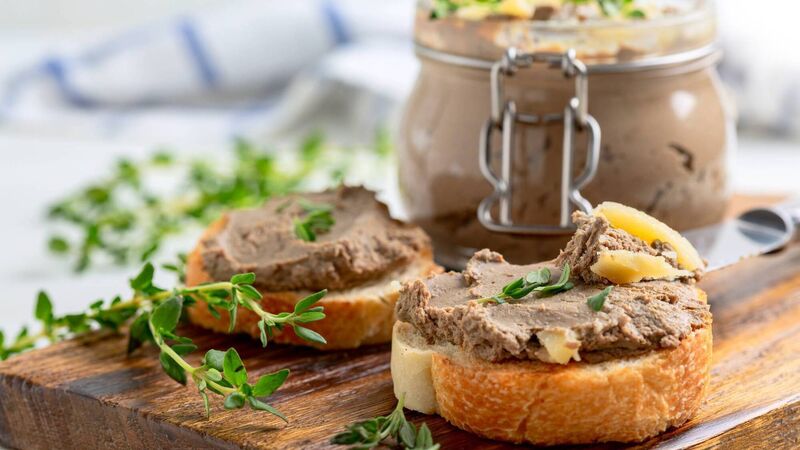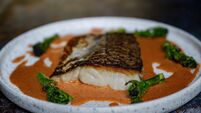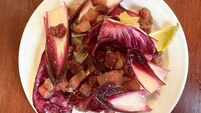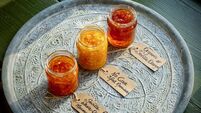Darina Allen: How to make Ballymaloe's famous chicken liver pâté and crunchy granola

By now there can scarcely be a person on the planet who is unaware of climate change and the imminent threat to natural ecosystems and life as we know it. It’s difficult not to feel helpless in the face of the terrifying statistics but there are over 7.5 billion of us on planet Earth and think of the collective difference everyone of us doing our bit could make.
I’m convinced that we all want to but where to start? You’ll have lots of ideas and suggestions yourself and let’s share… Send me yours and I’ll put them in 'My little hot tip to save the planet' every week for 2022. So to get us started.






